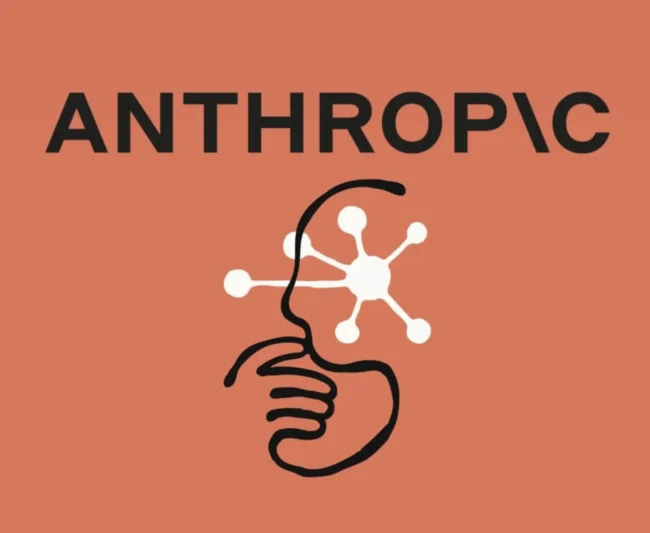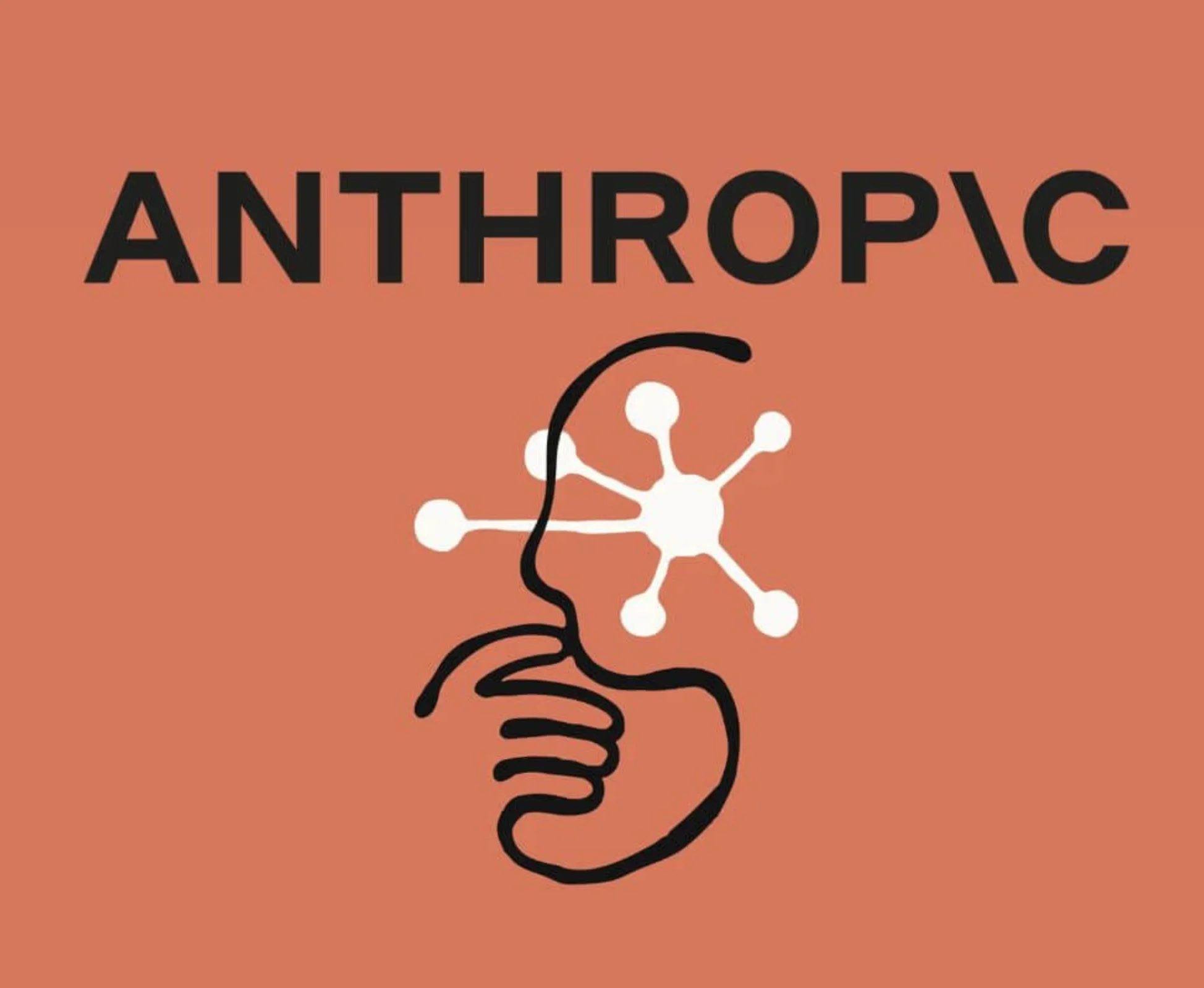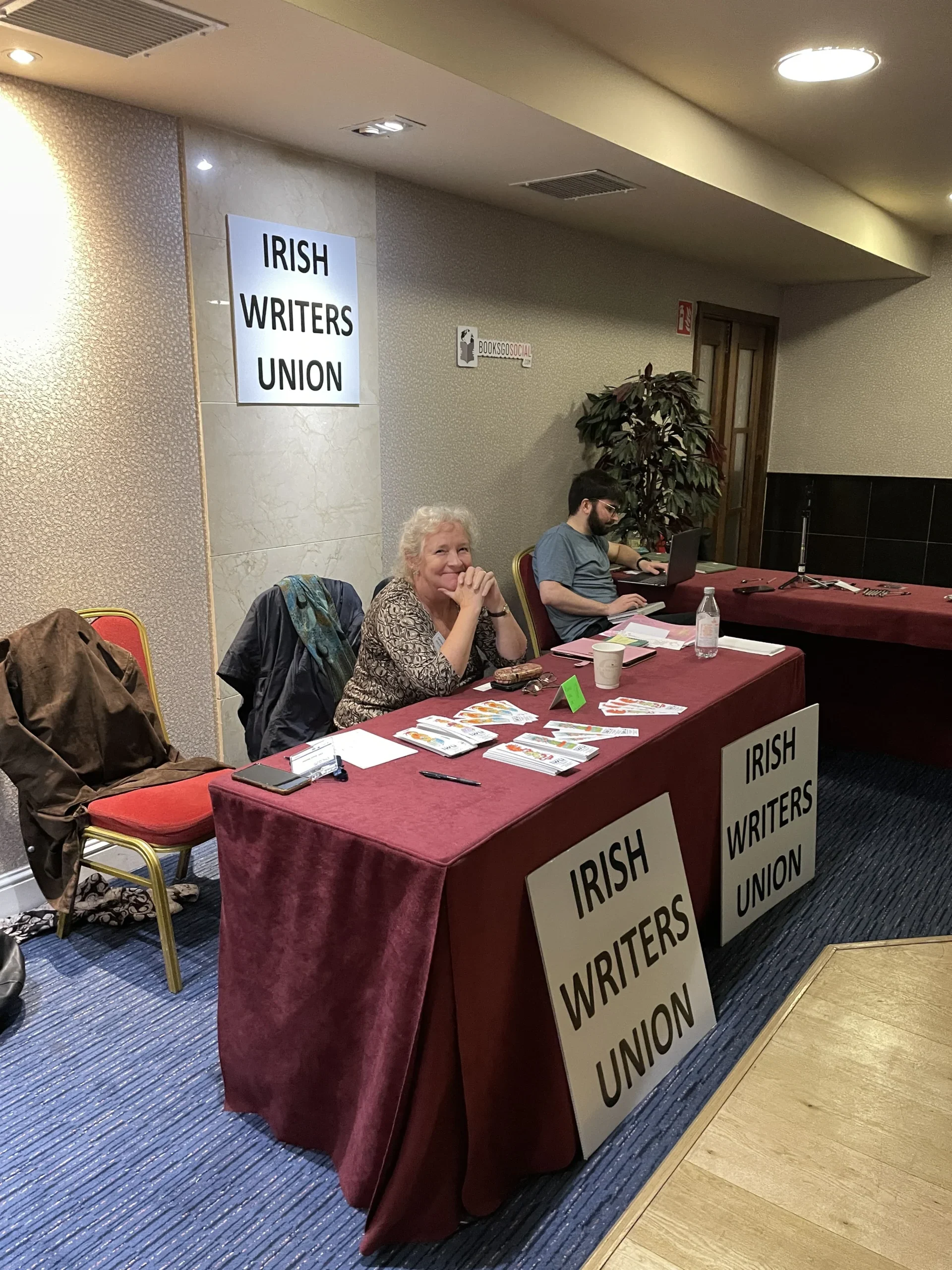By Conor Kostick
I was forced to think about writing a web serial as a result of COVID lockdowns. On 27 March 2020 the government of Ireland introduced a stay-at-home policy to flatten the dramatically rising curve of COVID cases. Back then, there was no vaccine and with alarming pictures coming from northern Italy, it was an anxious time. Ours was one of the first families to contract COVID as my partner worked in a front-line hospital. In what felt like a heavy double blow, my historical novel, The Retreat was published just as conditions could not be worse for a book launch.
As with many industries, traditional publishing was hit hard by the lockdown, and especially the closure of bookshops. Initially, too, there was uncertainty about whether staff were even allowed to visit warehouses. Gardai were on the roads, checking cars had a legitimate reason for travel. In time, publishing would bounce back: during lockdown online orders soared and Irish publishers even found themselves at a competitive advantage in being able to meet demand here more quickly than could publishers based in the UK. But in April 2020, when The Retreat came out, there was simply no way of distributing the book. Despite a very positive online launch and the possibility that it is my best novel, the physical book did not sell. The copies taken by shops were all returned: five hundred of them. Reviews planned for major outlets went unpublished. No radio interviews took place. The book was one of many that month which disappeared, never to reappear because when COVID restrictions were lifted a flood of new titles coursed through the industry.
Not only did the failure of The Retreat lead to a dent in my finances, it was a blow to my writing career more generally. The Arts Council, for example, doesn’t measure success by sales but when appraising applications for grants, their panellists do take into consideration awards, reviews, national and international book festival invitations, etc. None of these arose on foot of the publication of the novel. Effectively, I had lost a year on my writing CV.
The failure of the book also cut me off from one of the most important rewards of being a writer, that of connecting to readers. When a reader enjoys a book and gives you positive feedback, then the effort of writing the novel feels worthwhile. If, at the end of your life, you can say you brought pleasure to others through telling stories, then you haven’t entirely wasted your hours here. Even that philosophical thought felt less comforting when I considered the fate of The Retreat.
From this low point, I considered how to reconnect with readers and this led me to explore the option of writing a web serial.
Why Write a Web Serial?
Readers in their billions are accessing stories via their phones and tablets. Far, far more reading of digital stories is taking place than is visible from statistics that compare the sales of eBooks and physical books. China is the powerhouse for online communication between writers and readers. Well before COVID, in 2017, revenues for the Chinese web fiction industry were over $2.5bn. Perhaps the biggest web serial platform outside of China is Wattpad, with over 90 million users reading stories there. A hugely important point that is often missed in discussions around the traditional world of publishing (and education for that matter) is that a vast amount of reading – especially by younger people – takes this form. Writers who are not yet aware of this really should take notice.
As a reader, you find an app or website that publishes stories which fit the genre you are in the mood for. You browse stories by topic, popularity, sub-category, etc. and very quickly you start reading on your smartphone or tablet. The stories are free, instantly available, and the best of them are absolutely first class and as good as, if not better, than traditionally published best sellers. No wonder readers – especially those without credit cards – enjoy literature in this form.
It’s worth saying something more about the question of quality. Whether as a reader, writer, or publisher (for a small UK publisher, Level Up), I value the process of producing a book without errors, in other words the editing process. No one wants to have their enjoyment of a story constantly interrupted by grammatical mistakes or structural ones like missing information or contradictory events.
Given that authors publishing on web serials are doing so by themselves, without the support of professional editors, then you’d expect them to fall well short of the usual standards set by the publishing industry. And you’d be right, on average. But there are two features of web serial publishing that mean the quality of the best stories matches that of traditionally published books. Firstly, reader ‘upvoting’, ‘liking’, ‘following’, or whatever mechanism the platform gives for feedback, filters out the poorly written stories and identifies the top ones: and the top stories are written by very accomplished writers. Secondly, readers of web serials include people with a very sharp and accurate eye for grammatical mistakes, people who help the author by pointing out these mistakes in the comments, allowing the author to then adjust the text. In effect, the writer of a web serial is crowdsourcing a copy-edit of the story and a hundred or a thousand pairs of eyes on a text is going to produce a much cleaner one than even the best individual proof-reader can achieve.
I Begin to Write
Having looked into the stories available online in web serials, some of which I’d become hooked on and enjoyed hugely, I planned my next book. On 7 January 2021, the first chapter of Summoned! To an RPG World was published on Royal Road, a web serial platform that specialises in fantasy and SciFi. Because this was an experiment, I didn’t want to use my own name and with a nod to my friend and fellow writer Oisin McGann, chose Oisin Muldowney for my pseudonym.
The set up for my story was to imagine there is a part of the universe where twenty gods are playing a strategy game like Civilisation or Age of Empires, except with humans as their pieces. One of these gods is losing and likely to be eliminated, in large part because the king of her realm is useless: King Carlos is a greedy bully with no tactical acumen. In desperation she cheats and summons planet Earth’s greatest warrior as a replacement. Only, instead of getting an actual warrior, she gets Sean de Courcy, a young Dubliner who happened to be top of a PVP combat game at the time of the spell.
Told in first person from Sean’s point of view, I had a blast writing the story of this resourceful lad who finds himself in the body of despised king, in a world where game-rules apply, and where his lands were about to be overrun by his enemies. Having enthusiasm for your own story is essential. If you are going to embark on writing a web serial, you need to enjoy the journey. It could easily turn into a chore if you were writing without pleasure. And indeed, the world of the web serial is a world of millions of abandoned stories.
I wrote two chapters a week and very quickly gathered readers and followers. Even having thirty or forty followers is quite motivating. You feel their presence, their interest in where the story is going, and it encourages you to make sure you write the next chapter in a timely fashion. Those positive feelings are amplified as your followers rise to the hundreds. On the whole, the early comments were encouraging. But brace yourself, in the beginning too you have to be prepared to get all sorts of comments, including very negative ones.
There’s an incentive, too, for people to give you negative votes, which is that if they are writing serials themselves and want to get the coveted top spots in ‘new releases’, or ‘popular this week’ type lists, then it is in their interest to game the system and hit you with low ratings. I had a 4.7 average rating on 22 January, which dropped to 4.4 a few days after I was listed on a recommended page.
After a while, say ten chapters, the ratings settle down and the comments become entirely constructive. You are now embarked on a shared journey with your regulars and the conversations that spring up in the comments around the chapters are really helpful. More than once readers came up with better ideas for how the story might evolve than my own and I was happy to accept them.
The Aesthetics of Writing a Web Serial
Is this activity literature? There’s no artefact produced, no book to treasure and place on your shelf. The reading experience is stretched out in an unusual fashion, sometimes over years if you are following a story as it’s being written. The text is not fixed in the way that it is in a book. Nor is the writer sealed off from the readers, there is a living and evolving interaction taking place in the process of the story being written. Yet for all these differences, there are strong antecedents that suggest that the answer is ‘yes’, this is very much literature.
Charles Dickens is one of the canonical English language novelists, some would even claim him as the best novelist of all time. Interestingly, he wrote his novels in a similar fashion to someone writing a web serial today. He published his stories chapter by chapter in magazines. This is quite a different approach to writing novels to the one that has been typical for most of the last hundred years. Normally, you write in solitude and after a year, say, produce a first draft of the novel. Then you edit for a while, going back and forth over the story and rewriting early parts now that you know how the whole feels. You might workshop parts, or show a friend the manuscript, but essentially you are working alone and with a fully adjustable text that is only finalised just prior to publication.
When you write in a serial fashion, there can be no turning back. The choices you make and put out for everyone to see have to be adhered to. This means your grip on your initial conception for the book – on what it’s ultimate impact on the reader will be – has to be strong, much stronger than with a novel written in the softer space where reformulation is possible, where you can reappraise your decisions. Maybe this commitment to a particular path is for the best, it certainly keeps you focused on the impulse and conception with which you began the story.
The other difference with writing a novel in the traditional way is that every chapter has to be able to stand in its own right. It has to be purposeful. It has to be good. A lacklustre chapter simply written to get the narrator from A to B, say, won’t do and won’t escape the criticism of your readers. This is a healthy and useful ‘pressure’, but of course you can’t give in to reader expectations entirely, because only you have the bigger picture in mind.
By June I had around five hundred followers for Summoned! But I took a hit after I cast Sean down, inflicting upon him a miserable collapse in his hopes. I just had to roll with the loss of followers because in order to appreciate his survival and subsequent transformation from gamer to genuine hero, the low point was absolutely essential to the story. And most readers understood this.
Reflections on Publishing a Web Serial
By the time my web serial ended, just over a year after it began, I’d gained over 1,400 followers and the story had over half a million reads. As experiments went, this was an eye-opening result. It’s worth pausing on this result and reflecting on it. If you are a writer looking to publish in a traditional fashion, you are one of thousands, millions even, of writers who are attempting to get publishers and agents to notice your story. A typical Irish publisher might get five thousand unsolicited approaches a year and only fifty of these manuscripts will be published. These are tough odds and beating them is not a matter of writing an outstanding book. It’s mostly luck. As Donal Ryan has often explained, he got forty-seven rejection letters before being published and even then, his breakthrough came through chance. An intern in a publishing house read his submission and loved it enough to advocate for it.
Because of the congestion at the gates of publishing, a lot of businesses have sprung up that look like a traditional publisher and seem to offer a way for you to get your story out into the world. But most of these are useless. Not only do they take money from a writer, instead of paying the writer, but if you go down this route your story just disappears in a daily tsunami of self-published titles. True, it will appear as listed on Amazon, but that’s it. And even if somehow a potential reader finds your story, their mistrust of books with little or no reviews and ratings means you are not likely to make sales. All that work and hardly anyone is reading your book. It’s thoroughly disheartening.
The web serial route to publishing your story means you will at least have the satisfaction of having provided entertainment to your followers. Depending on the platform you have used and how well your story fits the interests of readers, you might find, like I did, that the number of reads was astonishing. And mine is in the ha’penny place compared to the really popular stories, which have tens of millions of reads.
Monetizing a Web Serial
When you write a web serial, aren’t you giving away your content for free? What’s the point of that? I’m a strong advocate for the belief that content creators should be paid, including those whose works are mined for aggregated content and AI training. In the case of web serial publishing, do watch out for platforms that claim they own all the content. These should be avoided. Fortunately, all the legitimate and large ones are clear: the content is yours to do what you want with. You own the copyright and should anyone reproduce your story elsewhere, you can demand it be taken down.
How then do you get paid for giving readers a free story? There are two routes to monetizing a web serial. Firstly, by relying on the good will and generosity of your readers, or, secondly, by publishing the story. The first route is the one that many independent musicians and podcasters rely on and it works surprisingly well for writers too. Why should anyone make a donation for free content? For no other reason than they want to thank the author and can do so. Of course, if budgets are tight – and they are terribly tight everywhere, including in a relatively rich country like Ireland where in February 2023 a survey found 10 per cent of the population used food banks to feed their children – then the story is free. This, as well as the convenience, is why so many young readers enjoy web serials. But for people with a disposable income, they can show their appreciation either by making a direct payment to the writer or by becoming a patron making monthly payments to support the web serial.
If you haven’t looked into the income streams being generated by web serial writers, you might be suprised to see how large they are. Royal Road is far from being one of the larger platforms, but looking at two fairly popular books and opening up the Patreon pages for their authors I see that ErraticErrata is earning €4,222 from the support of her readers and CasualFarmer €13,571. At a guess, I would say there are only a few dozen traditionally published authors in Ireland earning €50k a year from their writing, let alone €160k.


In order to appreciate better the monetising side of writing a web serial, it’s worth a brief aside on how royalties work for traditionally published books. It used to be that an author could expect around ten per cent royalty on the cover price of a book. Contracts worsened for authors around the start of the millennium and these days royalties are almost always paid on the net income to the publisher, not the cover price. Moreover, royalties for new authors have dropped to 8 per cent or even as low as 6 per cent in the contracts of less-than-best-practice publishers. Suppose a book has a cover price of €15. The distributors and retailers take about 60 per cent of the cover price; so your royalty is 8 per cent of €6, which is 48¢. A bestseller in Ireland, a book that hits the top 20 for a month, might sell about 5,000 copies and therefore earn you around €2,500 in a year. Let me repeat the point: even if you are a best seller in Ireland, you might only earn around €2,500 a year in royalties. If you have a successful web serial, you can reasonably hope to earn that a month from your patrons.
The other route the web serial authors take and the one I chose, is to release the story as an eBook and audiobook. It’s easy enough to do this yourself, you don’t need third party support, except maybe for purchasing a decent cover. You alert your followers and give them plenty of notice (so anyone new to the serial has time to finish reading it while it is still free) and then to meet Amazon’s Kindle Unlimited Rules, you leave up just the first ten per cent, directing readers to Amazon or Audible for the full story.
Let’s look at the income of this kind of self-publishing of a web serial. From sales of eBook you get 70% of the cover price. Suppose your eBook is set to sell at $5, your income is $3.50 per sale: about five times what you get from the royalty on physical book sales via a traditional publisher. Your followers might want to support you by buying the book even though they’ve read it online for free. And they are vital in providing high ratings and good reviews. If they’ve enjoyed the story for free and are not in a position to buy it, they can and do take a moment to hit the rating button on Amazon. This makes an enormous difference to whether your book is visible or not. With enough positive ratings, your book triggers Amazon’s algorithm and is offered as a suggested purchase whenever someone buys a similar book.
Another discovery I made concerns the value of having your book enrolled in Kindle Unlimited. KU is like Spotify for books, except that while musicians are battling Spotify for a reasonable reward for their music, authors have more of a mixed response to KU. Of course, rates can always be better and there are biases in the calculations that favour dense books over picture books, for example. But many authors find the system works for them and I did too. A year after publication, Summoned! had over 4.5m pages read via KU and the income generated that way was four times that of eBook sales. Again, this has proven to me that people reading via devices is happening on a massive scale and that framing discussions on the future of publishing around physical versus eBook sales is missing out on the most fundamental trend of our time.
The other publishing option is the audio book. Some web serial writers only publish the audio version, so they can leave their entire text up online on the web serial platform. Audiobooks are a steadily growing means by which people ‘read’ books and sales can be significant. The royalty paid to the author by Audible is 40 per cent of the sale price, which means about $10 a sale. If, as the author, you aren’t in a position to pay front for a studio production, or don’t want to take the risk, Audible has a simple-to-use narrator share split, where you audition narrators and having chosen one who manages the production, you share the royalty 50/50. This is what I did for Summoned!, which earns about €5 an audiobook sale. The same sale managed by a traditional publishing contract would probably only earn me about 50¢.
Summing up My Experience
A few negative reviews aside, my experience of writing a web serial has been entirely positive. Above all, it reconnected me with readers. I have no hesitation in recommending the activity to my fellow authors. Obviously, you need to manage your expectations. If you’re writing a story that doesn’t quite fit the categories of the big web serial platforms, you’ll find building up a following will be slow. And without significant numbers of followers, there won’t be much of a financial payoff at the end. But all the same, having a small number of readers who are with you on the journey can be a better experience than finishing a manuscript and getting nowhere with agents and publishers, or even finding a publisher only for the book to be practically invisible.
Tips for Writing a Web Serial
If you are going to try writing a web serial, it’s really important to find the right platform for the kind of story you are telling. Take your time researching for the best fit.
Make sure to tag your story with whatever means the system has of grouping stories into categories that readers browse. It’s vital that people looking for your type of story can find it.
Be patient and consistent with your chapter updates. I read that the best way to build followers is to post short chapters regularly rather than long ones infrequently, because each time you post you will briefly be on the new posts pages and that might have thousands of views. Personally, I liked to give readers a decent amount to read each time, but with a disciplined approach to boxing off writing time, I was able to deliver two chapters a week.
Listen to your readers and discuss their comments without being too defensive. Obviously, don’t give away spoilers and nor should you bend the story too much. But not only is part of the pleasure of writing a web serial that of knowing people are following it with enjoyment, sometimes the insights of your readers can be ahead of your own.
Web Serial FAQs
What is a web serial?
A web serial is a story told by instalments on a website or app.
What are the best platforms?
Probably the larger Chinese ones. For English language stories, have a look at Wattpad.com which has the most registrations. Wattpad readers tend to be young and favour relationship-based stories. Regardless of your genre you should research for the platform that fits your story best.
Should I write a web serial?
It depends. Would you find the expectation of your readers motivating or a chore? Does your story lend itself to being published in instalments or would you rather finish it and rewrite it? The best reason to write a web serial is if you’d enjoy connecting to readers.
Can I make money by writing a web serial?
It might not be the best idea to try to write simply for financial success, which cannot be guaranteed and which might suck any pleasure you have out of storytelling but the fact is you can make money from web serials. Whether by obtaining patrons or publishing the completed story as an eBook or audiobook, web serial authors are able to earn a living from their writing and in some cases very much more.











